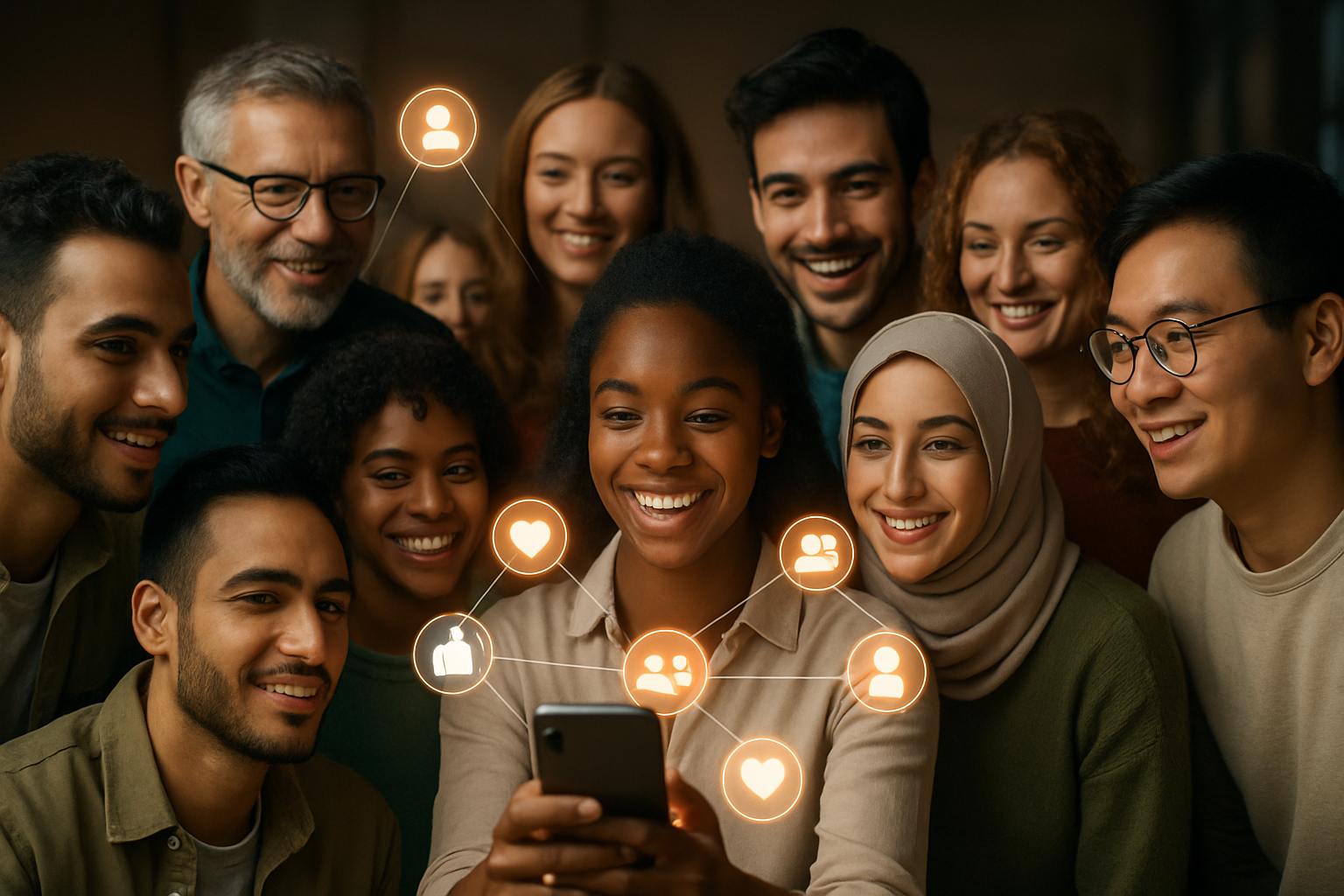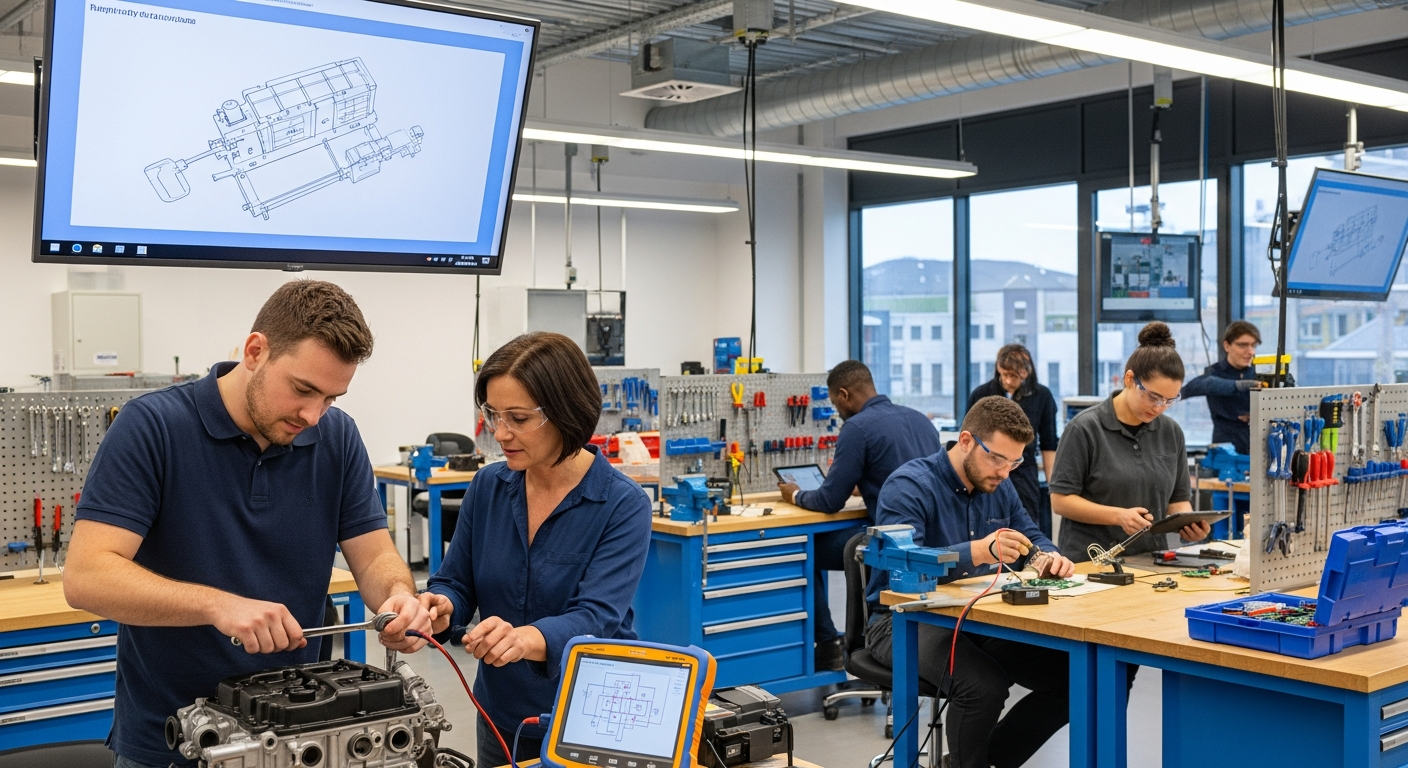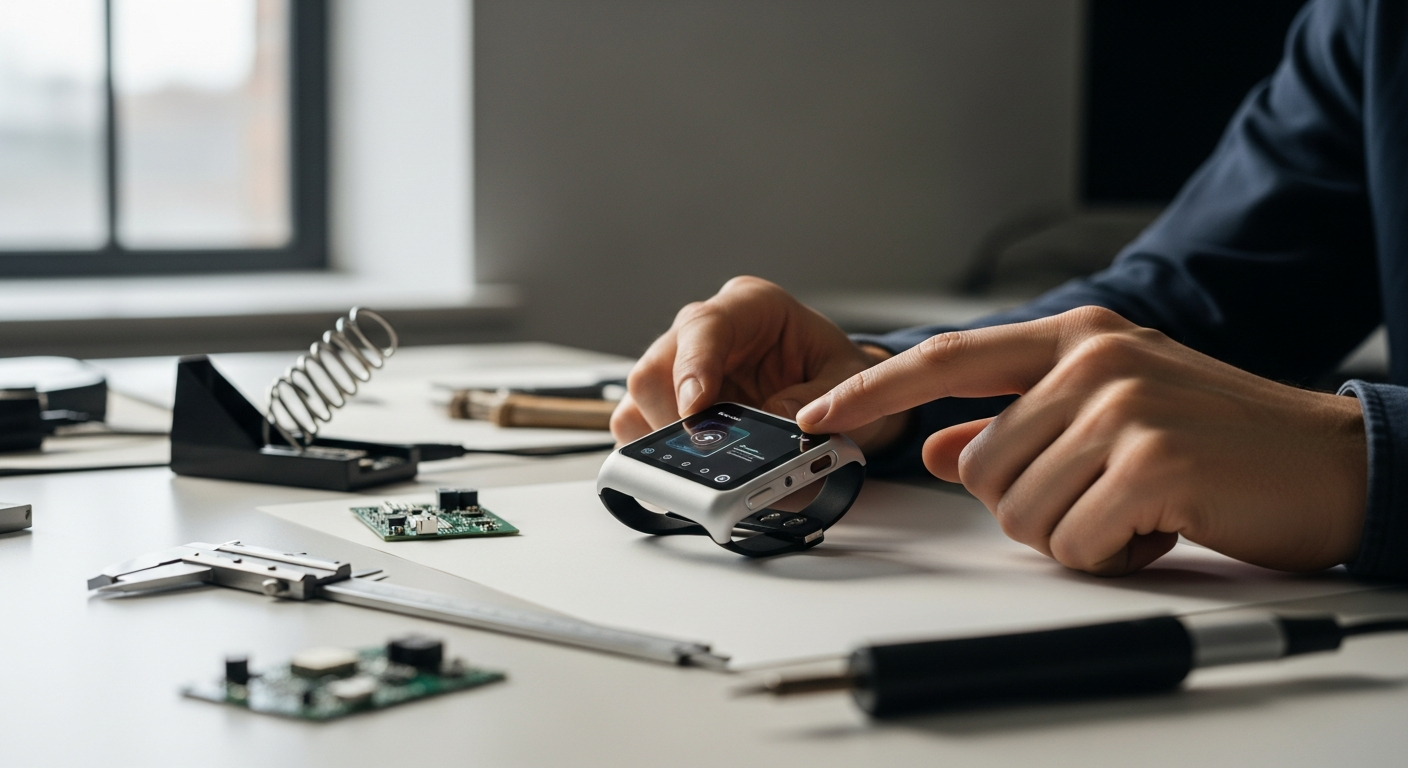Microdosing Friendship: The Rise of Casual Social Connections
In a world where time is a precious commodity, a new social phenomenon is quietly reshaping how we build and maintain relationships. Welcome to the era of microdosing friendship, where brief, meaningful interactions are redefining our social landscapes. This shift in social dynamics is transforming how we connect, communicate, and find fulfillment in our interpersonal relationships. Read below to explore this intriguing trend and its profound impact on modern society.

The Evolution of Social Bonds
The way we form and maintain friendships has undergone significant changes throughout history. In traditional societies, friendships were often limited to immediate communities and were characterized by deep, lifelong bonds. The industrial revolution and subsequent urbanization led to more diverse social circles, but still emphasized the importance of strong, enduring friendships.
However, the digital age has ushered in a new era of social connectivity. Social media platforms and messaging apps have expanded our potential network of connections exponentially, while simultaneously changing the nature of those connections. The rise of microdosing friendship is a natural progression of this trend, adapting to the realities of modern life where time is scarce and attention is divided.
The Psychology Behind Microdosing Friendship
Psychologists and sociologists have begun to study the phenomenon of microdosing friendship, uncovering interesting insights into its appeal and effects. Research suggests that these casual social connections can provide many of the benefits of traditional friendships, such as emotional support and a sense of belonging, without the same level of time commitment or emotional investment.
Dr. Sarah Thompson, a social psychologist at Stanford University, explains, Many people find that maintaining a large network of casual friends allows them to feel connected and supported without feeling overwhelmed or overcommitted. This approach to friendship can be particularly appealing to introverts or those with demanding schedules.
The Benefits of Casual Connections
Proponents of microdosing friendship argue that this approach to social interaction offers several advantages. For one, it allows individuals to maintain a broader and more diverse social network, exposing them to a wider range of perspectives and experiences. Additionally, the low-pressure nature of these relationships can reduce social anxiety and make it easier for people to reach out when they need support.
Studies have shown that even brief, positive social interactions can boost mood and overall well-being. Dr. John Cacioppo, a leading researcher in the field of social neuroscience, found that small acts of connection, such as chatting with a barista or exchanging pleasantries with a neighbor, can have a cumulative positive effect on mental health.
Navigating the Challenges
While microdosing friendship offers many benefits, it also presents unique challenges. Critics argue that this approach to relationships may lead to a lack of depth and intimacy in social connections. There is concern that individuals may struggle to form deeper bonds when they become accustomed to casual, low-commitment interactions.
Furthermore, the ease of maintaining numerous casual friendships through digital platforms may lead to a false sense of social fulfillment, potentially masking feelings of loneliness or isolation. It is crucial for individuals to strike a balance between casual connections and more intimate relationships to ensure their emotional needs are fully met.
Technology’s Role in Shaping Social Connections
The rise of microdosing friendship is intrinsically linked to advancements in technology. Social media platforms and messaging apps have made it easier than ever to stay in touch with a large number of people with minimal effort. These tools allow for quick check-ins, shared moments, and brief exchanges that form the backbone of casual friendships.
However, the role of technology in facilitating these connections is not without controversy. Some experts worry that the convenience of digital communication may be eroding our ability to engage in deep, meaningful conversations and build strong emotional bonds. Finding ways to use technology to enhance rather than replace in-person interactions remains a key challenge in the era of microdosing friendship.
The Future of Friendship
As society continues to evolve, so too will our approach to friendships and social connections. The trend of microdosing friendship reflects a broader shift towards flexibility and adaptability in all aspects of life, including our relationships. While it is unlikely to completely replace traditional forms of friendship, this new paradigm offers an additional tool for navigating the complex social landscape of the 21st century.
As we move forward, it will be crucial to find ways to balance the benefits of casual connections with the depth and support offered by more traditional friendships. By understanding and embracing this new approach to social interaction, we can create a more inclusive and adaptable social framework that meets the diverse needs of individuals in our rapidly changing world.






